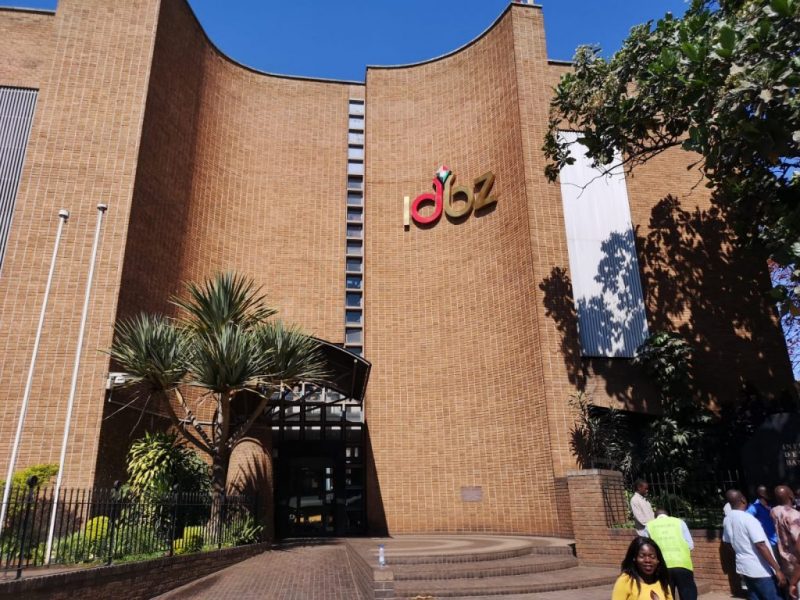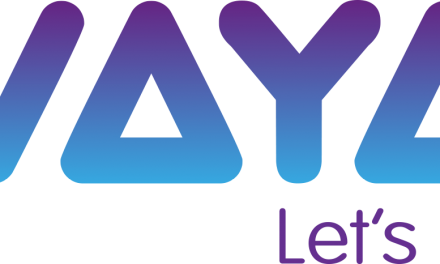In stark contrast to the economic fortunes of the country, Zimbabwe has a wide and deep institution network. Amongst those institutions is the Infrastructure Development Bank of Zimbabwe (IDBZ). You wouldn’t hear much about this one unless you pay close attention to National Budget speeches and some development reports in the country. Don’t feel bad if you don’t much about the IDBZ, that’s what we’re here for.
Infrastructure Development Bank of Zimbabwe
The Infrastructure Development Bank of Zimbabwe was formed on the 31st of August 2005 by assuming the assets of the Zimbabwe Development Bank, an organisation which had up to then been tasked with financing national development projects. The IDBZ ushered in an approach that matches international best practices by being more intentional in their development thrust and focusing on specific aims. Today the IDBZ focuses on sectors including but not limited to energy, transport, water, sanitation, housing and Information Communication Technology (ICT).
How it works
The IDBZ is what is known as an Infrastructure Development Finance Institution (IDFI). When governments need to carry out large infrastructure projects they have to raise the money from somewhere. This can be through international donations, borrowing or other financing arrangements. Governments are institutions made up of membership which can change every 5 years or however long the election cycle runs. The sort of finance you need for such hefty projects is suited to long-term financing of say 20 to 30 years. IDFIs come in to create a separation of powers of sorts. Instead of the government handling everything itself, the IDFI acts as an independent body that conducts the financing for the government the same way an investment bank would do for a corporation seeking finance. This allows continuity and security to financiers.
So the IDBZ raises funds for government and national infrastructure-related projects through debt and other financing methods. The bank can also be used to administer from international donor institutions and other multilateral organisations.
What have they done?
You would be surprised at how active the IDBZ has been since its inception in 2005. They have been involved in multiple national and private-public partnership developments that have added to the infrastructure development of Zimbabwe.
Energy projects
Here we will list some of the energy projects that the IDBZ has been instrumental in over their lifetime in the energy sector.
- Expansion of Kariba South Hydro-electric Power Station (KSPS) Unit 7&8 – 300 MW;
- Expansion of Hwange Thermal Power Station Unit 7&8- 600 MW;
- Repowering of three small thermal power stations namely; Harare, Bulawayo and Munyati power stations- 200MW;
- Gairezi Mini Hydro – 30 MW; and
- Dema Emergency Peak Plant – 200 MW.
Housing
The IDBZ has also been very active in housing projects across the nation helping with the servicing of new land settlements. These include;
- Chipsam Masvingo,
- New Marimba (H),
- Norton – Knockmalloch (6 000 stands)
- Manyame (80 000 stands)
- Chishawasha B (40 000 stands)
- Bulawayo (Umvutcha B) (20 000 stands)
- Mbizo 22 (Kwekwe)
- Dzivarasekwa (Harare)
- Carrick Creigh (Harare)
- Sunway City (Harare)
- Chikanga (Mutare)
- Paradise Park (Marondera)
- Parkland Mews (Bulawayo)
Water
Water is another important cluster for the IDBZ and you will see that here again they have a heavy involvement in many of the national developments when it comes to water and irrigation for farming. Water-related developments include;
- Tokwe-Mukosi
- Epping Forest (Nyamandlovu Aquifer) – Bulawayo;
- Chivu Water Supply Project – Chivhu and Mashonaland East;
- Muda Nyatsime Dam- Chitungwiza and Harare;
- National Matabeleland Zambezi Water Project- Matabeleland and Bulawayo;
- Kunzvi- Musami Dam– Harare;
- Kondo Dam- Save River- Odzi;
- Kudu Dam – Kadoma, Sanyati;
- Nyatana Dam – Mutoko;
- Lubongo Dam – Gweru- Shurugwi;
- Bindura Dam – Bindura and Mashonaland Central
In the long run, the IDBZ will continue to source financing for projects in these areas and is committed to meeting the task when new requirements for infrastructure development arise in the nation.








